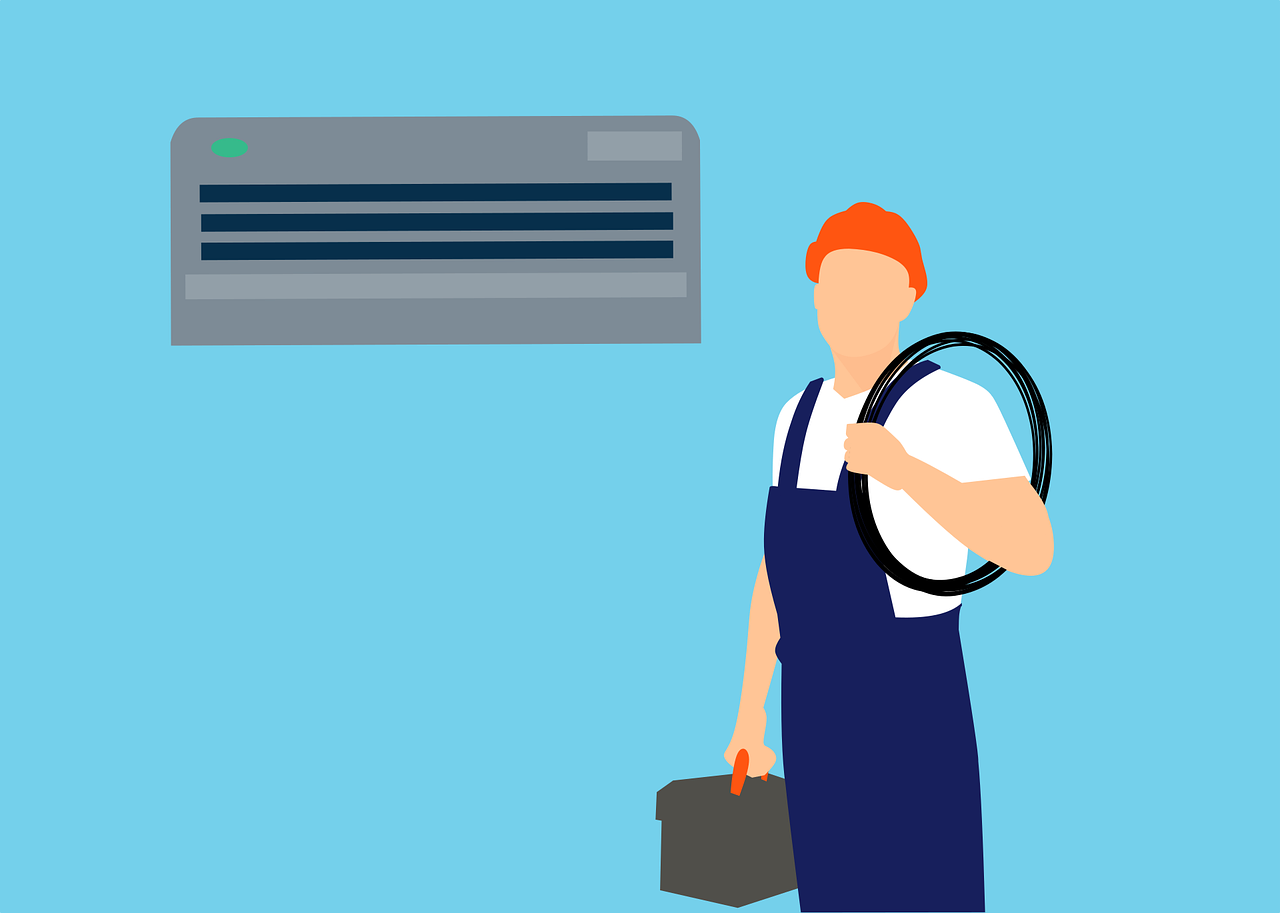How Neglecting HVAC Maintenance Can Cost You
Regular maintenance is crucial to keeping a home’s HVAC system functioning efficiently and reliably. Many homeowners delay or overlook this routine care, believing their system is “working fine” or hoping to save money. But skipping annual checkups or ignoring minor warning signs can quickly snowball into costly repairs, high energy bills, and unexpected breakdowns. Understanding the risks of neglect and investing in preventive care can save money, improve comfort, and extend the life of your system.

The Financial Cost of Avoiding Routine Service
HVAC systems are one of the most significant investments in any home, and like all machinery, they require upkeep. Skipping regular maintenance can lead to dirty filters, clogged coils, and worn components, all of which force your system to work harder than necessary. This increased strain drives up your energy bills and accelerates wear and tear, ultimately shortening the lifespan of the unit.
Studies have shown that well-maintained HVAC systems use up to 20% less energy compared to neglected ones. What may seem like a minor oversight today could result in replacing the entire system years earlier than expected. The repair costs for major components such as compressors or motors can be steep, making it far more cost-effective to catch issues early through routine service.
Why Professional Inspections Matter
Many problems with HVAC systems start small. A loose wire, a refrigerant leak, or a malfunctioning sensor might go unnoticed until they cause a complete shutdown. During a maintenance visit, technicians perform diagnostic checks, clean essential parts, and test for inefficiencies.
These inspections help ensure your unit operates safely and at peak performance throughout the year. One of the best ways to stay ahead of HVAC issues is to work with a reliable company that knows the ins and outs of local climate demands, such as K & S Heating & Air and other professional service providers who tailor maintenance to your system’s specific needs. Partnering with experts means you’re not just reacting to problems but actively preventing them.
Poor Indoor Air Quality and Its Hidden Impact
Another consequence of neglected HVAC systems is a decline in indoor air quality. Dust, pollen, mold, and other contaminants can build up in the ducts and filters. When left unaddressed, these particles are circulated throughout the home, potentially causing allergies, respiratory issues, and unpleasant odors.
This is concerning for households with children, elderly individuals, or people with asthma. A clean HVAC system ensures that the air you breathe is as fresh and healthy as possible. Maintenance tasks like changing filters regularly and cleaning ducts help maintain a safer, more comfortable living environment.
Energy Efficiency Takes a Hit
When HVAC systems aren’t maintained, they slowly lose their efficiency. Even small issues, like a dirty condenser coil or a low refrigerant level, can cause the system to consume more energy to maintain the same level of output. This inefficiency shows up in your monthly utility bills and places unnecessary stress on the electrical grid, particularly during high-demand seasons.
A system that receives routine tune-ups remains closer to its factory specifications in performance. Keeping components lubricated, cleaned, and aligned allows for better temperature control and consistent airflow. The savings from improved efficiency can easily cover the cost of professional maintenance visits.
Unexpected Breakdowns at the Worst Time
Few things are more frustrating than having your HVAC system fail during a heatwave or cold snap. Unfortunately, that’s often when unmaintained systems break down, just when you need them most. Emergency repair services tend to be more expensive during peak seasons, and parts may be harder to source quickly.
Routine inspections often include tests for common failure points and wear-and-tear indicators, making it easier to replace parts proactively rather than reactively. By scheduling maintenance in the off-season, you reduce the likelihood of inconvenient outages and avoid competing with other customers for service.
The Long-Term Value of Consistent Care
Just like getting regular oil changes helps your car run better and last longer, ongoing HVAC maintenance preserves your system’s long-term value. A well-documented service history boosts your home’s resale value, showing potential buyers that the system has been responsibly cared for.
Manufacturers often require documented maintenance to keep warranties valid. Neglecting to follow service guidelines could void your warranty and leave you paying out of pocket for repairs that might otherwise be covered.

Neglecting HVAC maintenance might seem like a harmless shortcut, but the true cost adds up quickly, financially, physically, and in terms of home comfort. From increased energy bills and emergency repairs to poor air quality and a reduced system lifespan, the consequences of putting off routine care can be severe.
Homeowners can avoid these pitfalls by committing to consistent upkeep and partnering with trusted professionals. In the long run, regular maintenance is a small investment that delivers peace of mind, better performance, and significant savings. Don’t wait for a breakdown to realize the value of a well-maintained HVAC system.




